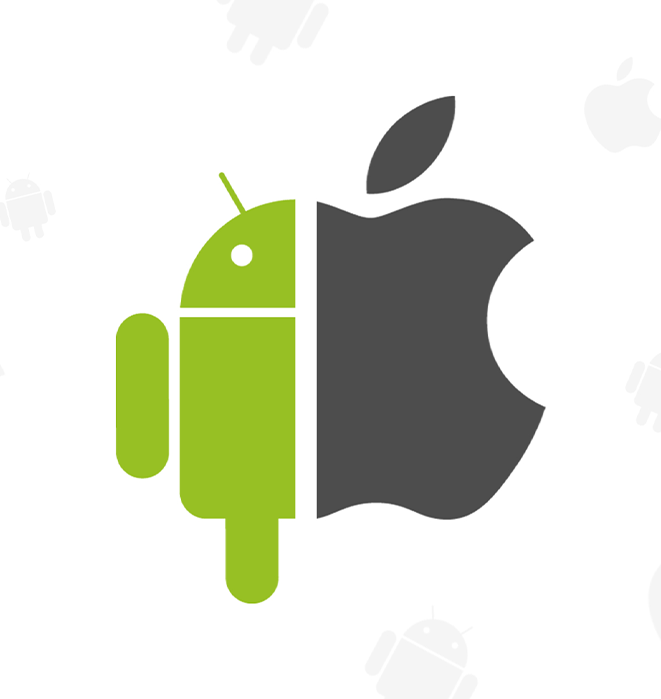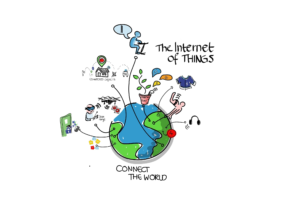Comparing Android vs iOS Devices Which Suits Your Needs
Comparing Android vs iOS devices is a common dilemma for consumers seeking the perfect mobile companion. Both platforms offer a rich array of features and advantages, but understanding their nuances can lead to an informed decision. This comprehensive guide delves into the critical aspects of each platform to help you determine which one best aligns with your specific requirements. We will analyze their key features, user experiences, security measures, and price points to provide a clear picture. We will also explore the vast app ecosystems and customization options available on each platform. Ultimately, this article will help you choose the device that best suits your lifestyle.
Understanding the Fundamentals of Android and iOS
1.1 Distinguishing Characteristics
Android, developed by Google, is known for its open-source nature. This allows for significant customization and a vast app ecosystem, often attracting users who value adaptability. iOS, on the other hand, is a closed-source ecosystem developed by Apple. It emphasizes a seamless user experience and pre-installed apps, targeting users seeking simplicity and integrated functionality. Understanding these fundamental differences is crucial for a proper comparison.
1.2 Hardware and Software Integration
Android devices often feature a wider variety of hardware specifications, including different processors, screen sizes, and camera capabilities. iOS devices, generally known for their sleek design and polished user interface, often focus on seamless integration between hardware and software components. This integration leads to a more consistent and intuitive experience. Manufacturers like Samsung and Google can offer varied hardware features.
App Ecosystem and User Experience
2.1 The Android App Store
The Google Play Store boasts millions of apps, offering incredible diversity. Users gain significant control over their device with customization options, often leading to a more personalized user experience. This breadth of applications can be overwhelming for some users, though.
2.2 The Apple App Store
Apple’s App Store is renowned for its curated selection and emphasis on quality. The rigorous review process often ensures a smoother, more consistent user experience. While the variety may not be as vast, the focus on a quality app portfolio often appeals to users who value user-friendliness. Specific user preferences will determine which ecosystem is better for their use cases.
Security and Privacy Considerations
3.1 Android Security
Android’s open-source nature means it can be vulnerable to certain security threats. However, frequent updates, strong community involvement, and security patches generally work towards strengthening vulnerabilities and ensuring a secure experience. Users need to be diligent about software updates and downloads.
3.2 iOS Security
Apple’s closed-source system and stringent review process for apps contribute to a generally more secure environment. Security measures are frequently updated to prevent vulnerabilities. Nevertheless, the tight control might be a disadvantage for users who prioritize complete customization.
3.3 Data Privacy Practices
Both platforms have robust data privacy features. Users should thoroughly research and understand privacy policies, especially concerning data collection and usage. Transparency in data handling and clear user consent protocols are critical.
Price and Availability
4.1 Android Device Pricing
Android devices often offer a wide price range. Users can find affordable entry-level smartphones and premium high-end devices, depending on their budget.
4.2 iOS Device Pricing
Apple devices typically fall into a higher price range. The higher price is often linked to premium components, sophisticated designs, and integrated features.
4.3 Global Accessibility and Availability
Android devices are generally available globally, offering a wider selection for users in different regions. iOS devices have a more limited availability in certain markets.
4.4 Long-Term Support
Both platforms are known for delivering regular software updates. However, the frequency and length of support can vary. Users should investigate the platform’s update policies to ensure the long-term support.
Related Post : Best Home Gadgets for a Smarter and Safer Living
User Interface and Customization
5.1 Android's Customizable Interface
Android offers a highly customizable interface. Users can personalize their experience with themes, launchers, and widgets. This degree of customization often appeals to those who value customization and personalized workflows.
5.2 iOS's Intuitive and Clean Interface
Apple’s iOS features a sleek and intuitive interface. The intuitive design often prioritizes ease of use and a streamlined user experience. This streamlined approach simplifies navigation for less tech-savvy users, especially.
5.3 Customization Choices
Choosing between platforms requires consideration of personal preferences regarding customization. The significant degree of personalization offered by Android versus the focus on a user-friendly approach in iOS affects the user’s experience.
Comparing User Experience
6.1 User Friendliness
iOS often excels in user-friendliness and ease of navigation, making it an ideal choice for less tech-savvy users. The intuitive nature of iOS makes it easily approachable for all skill levels.
6.2 Customization Options
Android is known for offering more extensive customization options. Users can personalize their device to match their preferences, reflecting their unique requirements.
6.3 Overall User Satisfaction
Users of both platforms express satisfaction with their respective ecosystems. User satisfaction often hinges on personal preferences and priorities.
Conclusion
FAQ
FAQ
In conclusion, choosing between Android and iOS devices depends entirely on your individual needs and preferences. Consider your budget, desired features, and overall user experience. If you prioritize customization and a vast app ecosystem, Android might be the better choice. If a sleek, user-friendly interface and pre-installed apps are paramount, iOS could be the ideal solution. Explore the features and benefits of each platform to make an informed decision for your next mobile device.
Share this content:














2 comments